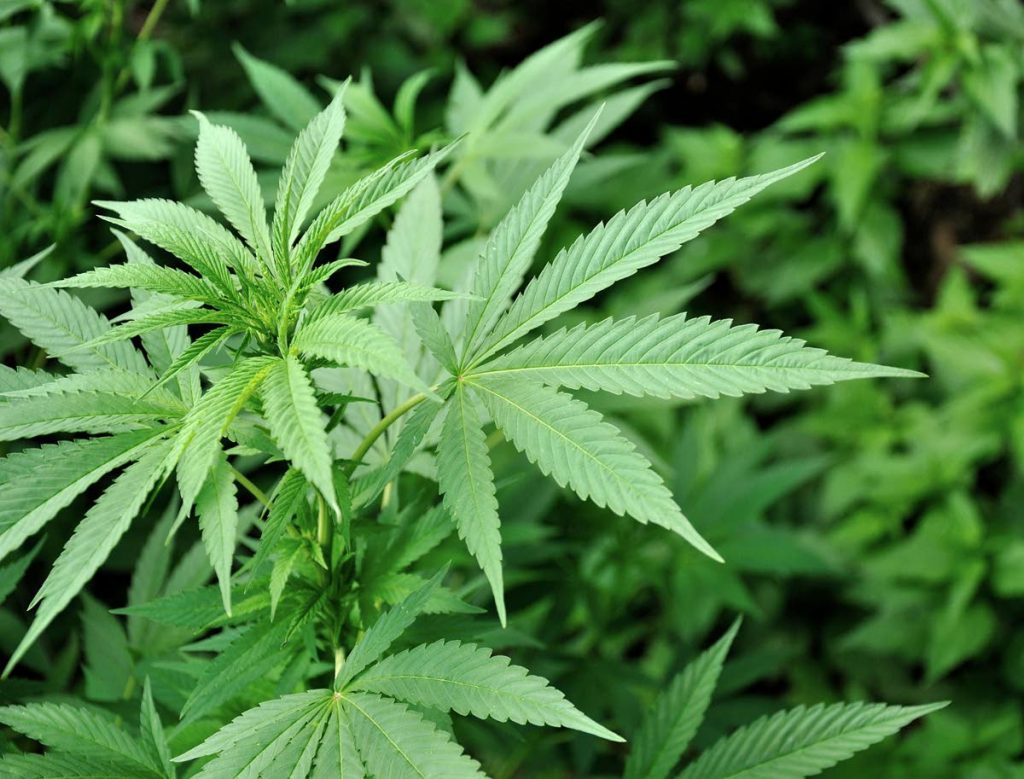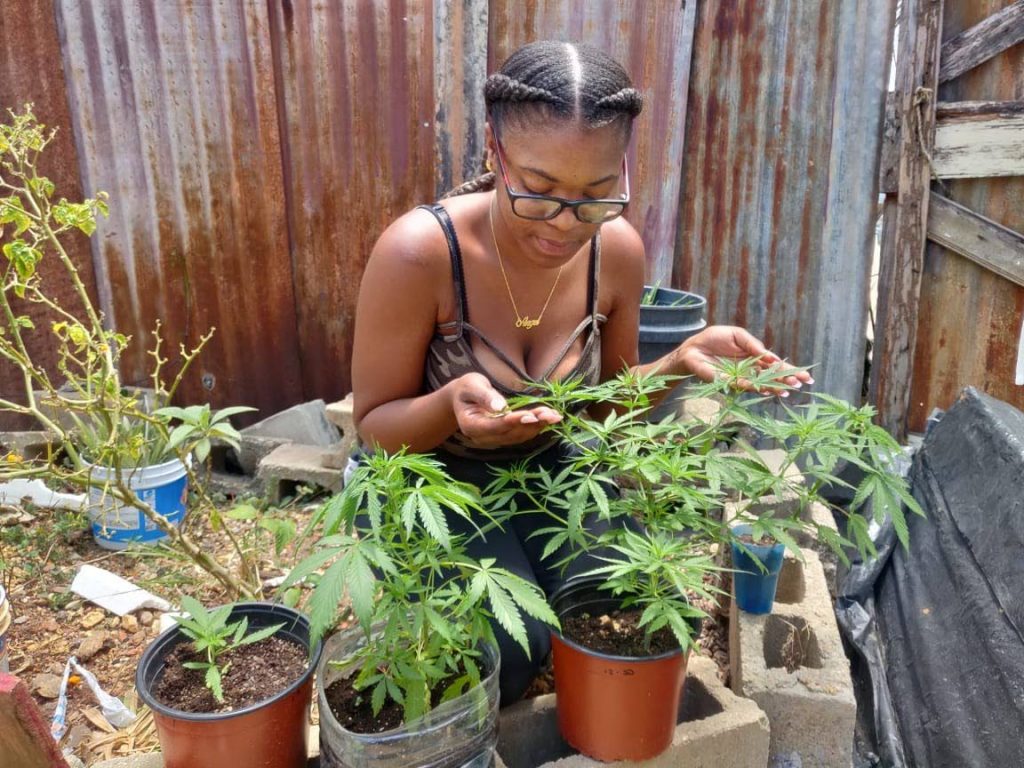Cannabis advocates split on selling home-grown weed

CANNABIS advocates are split on the intention of the State to disallow home-grown cannabis to be sold commercially.
Sunday Newsday spoke with two farmers and a certified cannabis expert on the proposed Cannabis Control Bill 2020, which was laid in Parliament two weeks ago. The bill was first brought in October last year and sent to a Joint Select Committee chaired by the Attorney General for review. The bill and proposed amendments are to be debated soon.
One key note of contention will be the plan to prohibit the sale of home-grown cannabis by not issuing a licence to anyone that grows the herb at or near "a dwelling house."
The bill also states that any premises "used and occupied as a place of residence" including complementary out-buildings and adjacent land, constitute a dwelling house and as such the farmer will not be able to enter the commercial market. What this means is that any products from the four plants each adult is allowed to own cannot be sold.
Cannabis activist and certified cannabis expert Marcus Ramkissoon agrees with this proponent of the bill. Ramkissoon, who advised several Caribbean countries, including TT in drafting their marijuana legislation, said the sale of marijuana needs to be properly guided since it remains a dangerous drug.

“If you as the home grower are not going to be standardised, meaning that you do not have to go through the tracking and the monitoring so that we know that you are not taking a gramme and sending it to the black market, you are not going through all that. No camera system and the testing to ensure your product meets the very, very, high standards of this consumable product, then why should you be allowed to sell it?”
Marijuana activist and blogger Nyasha Sadlow said it is not a simple yes or no when it comes to home-growers entering the commercial space.
“I can understand the requirement for a licence to go into the commercial space but what I cannot understand is there being little to no provisions put in place for small scale and home growers to get into that commercial space. What people also need to remember is if they want to have their home grown cannabis on the regulated commercial market, they would most likely be subjected to the relevant environmental and quality control checks that license holders would be subjected to by the Cannabis Authority.”
Freeport farmer Kevin Samlalsingh finds the notion of not involving home growers into the commercial space is selfish.
“I think it is a selfish and an unjust decision to make a law that bans small farmers from legally earning an income. If the government is about fixing things I think they should include the small farmers and maybe set rules and regulations to follow.”
Sunday Newsday also spoke with the CEO of the Medicinal Cannabis Authority in St Vincent and the Grenadines, Dr Jerrol Thompson on how his country entered the commercial sphere of cannabis production. Thompson said the expertise of the local cannabis farmers was used to help catapult the cannabis industry in the country.

“We have utilised the traditional cultivators. We have found that their experience and understanding of how the plant grows is important. They are the experts and they have been lending support to the various entities that are setting up along with the government and that gave a great boost to the confidence in the market as well.”
Thompson added that both the commercial and private farmers benefit under their system, even though commercial sales are for the corporations licensed to sell.
As an alternative, Sadlow suggests that there be some middle ground between the large corporations and those who want to enjoy the benefits of cannabis farming outside of a large cooperative enclave.
“Small scale growers would be the proper term for that. By definition, “home growers” are persons who plant a few plants in their homes, primarily for personal use. If home growers want to shift into the commercial space, they will need to shift into “small scale” or “micro farming” because once you go over a certain scale of growing, it’s no longer considered home grown.”
Sadlow added that this will put the proverbial ball back in the court of the farmer. The farmer will now have to decide whether they want to open up their home to the regulatory body.
“I feel as though people are not realising that based on the information provided, the government seems to be moving to fully legalise cannabis for medicinal use and leave recreational use simply decriminalised. The licences only speak for medicinal cannabis. So they are basically saying that the only fully legal and commercially available cannabis will be medicinal cannabis. If you want to use cannabis recreationally, you have to grow it yourself at home. If you want to get into the commercial space with cannabis, it will have to be medicinal.”
The legislation supports the use of cannabis for medicinal, therapeutic and religious reasons.
For Samlalsingh, equity is needed. He wants small farmers to be allowed to earn from their harvest just as “regular” farmers do and if that means having to pay to secure a licence, then that should be affordable.
“It must be affordable for us farmers. They (the government) can take patterns from other countries that are benefiting from the cannabis industry and format a fairly reasonable program so that everyone can benefit from this plant. What we want is full legalisation but that is a different topic. For now we can work with what we have in front of us and try to put things in place so that we can have a regulated industry and whoever is interested in getting involved in the industry can have an avenue to legally get involved.”

Comments
"Cannabis advocates split on selling home-grown weed"